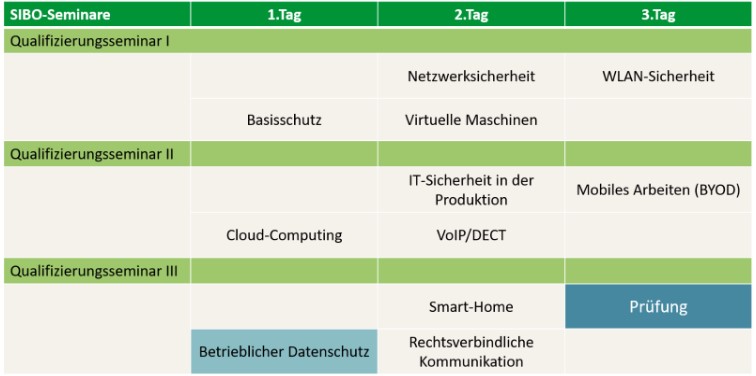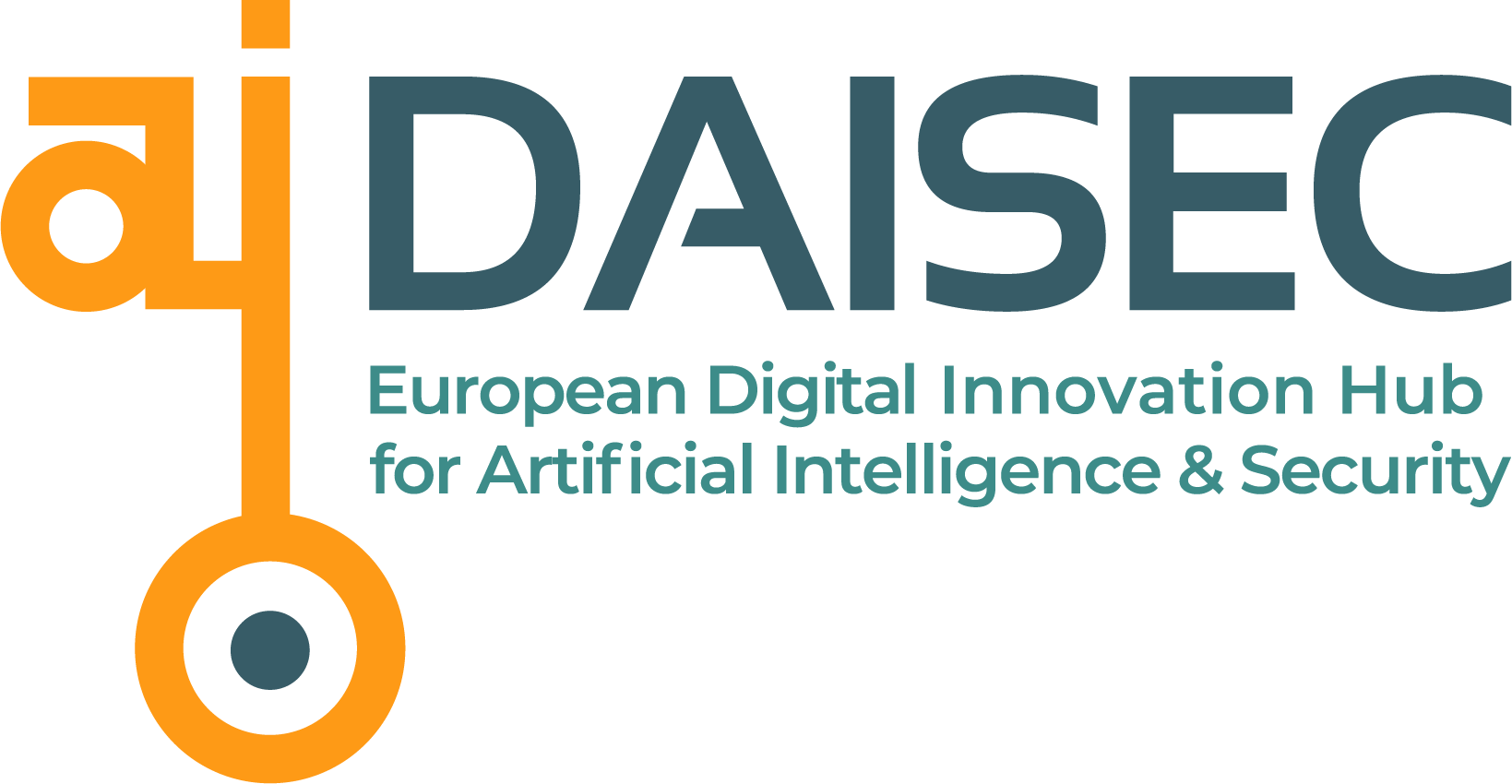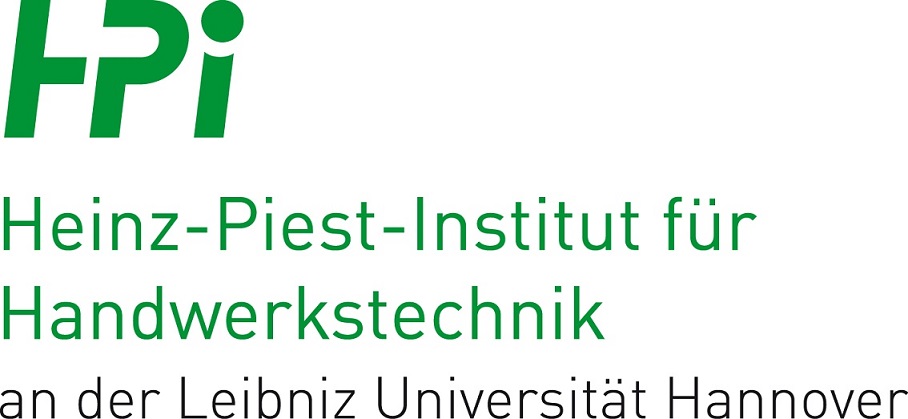Foto: ©Anterovium – stock.adobe.com
Artificial intelligence in the Skilled Crafts Sector
DIH partners introduce themselves: Heinz Piest Institute for Craft Technology (HPI)
Artificial intelligence (AI) is also used in the skilled crafts sector. However, most businesses lack the necessary expertise to recognize and use AI potential. The collaborative research project Building Competences on AI (KomKI), which started in 2019 and is funded by the Federal Ministry of Labor and Social Affairs (BMAS), is therefore developing hybrid AI qualification modules for the use of AI in small and medium-sized enterprises (SMEs) in so-called learning and experimentation spaces. The offer is aimed at different target groups such as entrepreneurs, managers and employees as well as works councils and consultants of intermediary organizations. One KomKI project partner is the Heinz Piest Institute (HPI) for Craft Technology at Leibniz Universität Hannover, which is also a partner of the Digital Innovation Hub (DIH) for AI and cyber security coordinated by the L3S Research Center.
AI Workshop
This offer is supplemented by the transfer format AI workshop, which is being developed exclusively for the business sector of skilled crafts and aims to methodically translate and test the specific requirements for the use of artificial intelligence in the business. The offer builds on the digitalisation workshop created in 2016, which strengthens the innovation competence of SMEs in the skilled crafts sector and supports their digital transformation. It is now a nationally recognised reference model for knowledge transfer. The AI workshop will create an innovative framework in which several companies, together with multipliers from craft organisations and AI experts from competence centres and the IT industry, can identify their individual problem areas and derive possible applications for AI. The derived measures are to be conceptually aligned to the target group and its environment and practically implemented using an adapted mix of methods. The aim is for craft enterprises to become more efficient through the use of AI tools and process adaptations. In addition, they should learn to involve their employees more and thus promote them better in order to strengthen the entire culture of innovation. In addition, the resources of the companies are to be optimised by networking the actors and bridging existing boundaries, for example between science and crafts.
IT security ambassador
Another measure to support the skilled crafts sector in digitalisation issues, especially on the topic of IT security, is the qualification concept IT Security Ambassadors (IT-SIBO) developed as part of a joint project. With their work as multipliers, the qualified IT-SIBOs sensitise companies to the topic of IT security and are to increase their basic protection. To this end, they support the companies with knowledge about the industry, about requirements for small and micro enterprises, and about pragmatic approaches to solutions for the implementation of IT security measures. The training comprises three three-day seminars, each building on the other. So far, more than 50 advisers in the crafts organisation have qualified as IT SIBOs. This training has been compulsory for innovation and technology officers in the skilled crafts sector with a focus on digitalisation since 2020.

Procedure and contents of the IT Security Ambassador qualification
The HPI offerings presented to support the digitalisation of the skilled crafts sector are part of the Digital Innovation Hub (DIH) for AI and cyber security and will also be included in the work programme of the European Digital Innovation Hub of the Hannover Braunschweig Göttingen Wolfsburg Metropolitan Region that has applied for funding. Synergies that arise through the exchange between science and the skilled trades are a particular focus here.
The Heinz Piest Institute (HPI) for Craft Technology
The HPI for Craft Technology at Leibniz Universität Hannover is one of five research and service institutions that are united in the German Craft Institute. The HPI was founded in 1950 as the “Handwerkstechnisches Institut” (Crafts Technology Institute) and provides scientific support for the field of technology and qualification in the crafts sector. Every two years, the HPI agrees on a research and work programme with the funding bodies from the skilled crafts sector and politics. The institutionally funded work is supported by third-party funded projects in knowledge and technology transfer – since 2016 with a focus on digital transformation. The skilled crafts sector is divided into very different trades. This means that for a sustainable competitive strategy and a strong market position of the trades, it is necessary to examine the opportunities and challenges of digitalisation individually and in a needs-oriented manner. HPI is therefore working with powerful partners in third-party funded projects on the future topic of AI and IT security as a basic prerequisite for digitisation measures.
Contact

Walter Pirk
Walter Pirk is a graduate engineer at the Heinz Piest Institute for Craft Technology and the contact person for artificial intelligence and the European Digital Innovation Hub.




